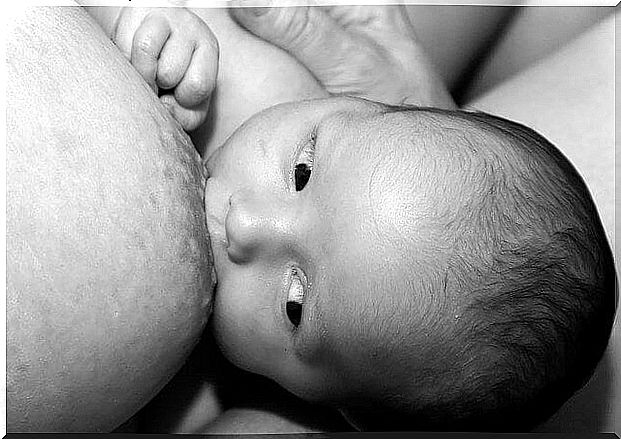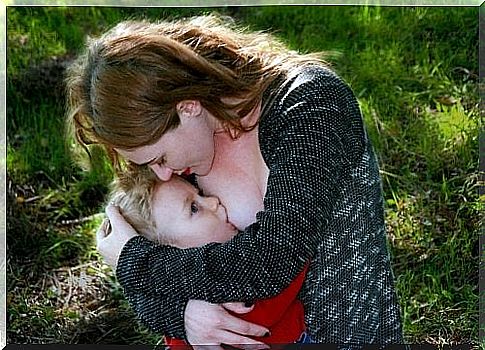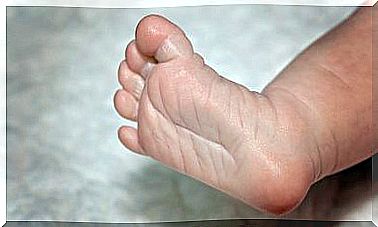5 Things You Might Not Know About Breastfeeding

Breastfeeding is the perfect nutrition for babies. Not only does breast milk contain all the nutrients the baby needs, but it is also a perfect combination of food and antibodies.
Aside from being the most natural way of feeding the baby, breastfeeding also helps build and strengthen the bond between mother and child. It also helps increase mother’s self-esteem, which is especially important in preventing or overcoming possible postpartum depression.
But you probably already know that. However, there are a number of other aspects of breastfeeding that are not as well known or that have many myths that make breastfeeding the best option.
Breastfeeding can reduce the risk of breast cancer
Recent studies have shown that pre-menopausal women who breastfed their children are up to 50 percent less likely to develop breast cancer compared to women who did not breastfeed their children.
This research also confirmed a strong association between the length of breastfeeding and the rate of cancer risk reduction, especially in women who have breastfed for more than a year.
Other research has shown that there is a direct relationship between women who were breastfed as infants and a lower risk of breast cancer.

The size of the breasts and the amount of milk
In general, breast size has nothing to do with breastfeeding and a mother’s ability to feed her baby. There is no evidence that women with small breasts or nipples have any more problems producing milk. Milk is produced in the mammary glands, which are present in all female breasts, regardless of size.
In addition, the inability to produce enough milk to feed a child is quite rare. It is rare that women do not have to produce and feed enough milk. Generally, this deficiency is related to previous trauma, extreme diet, hyperthyroidism, or other factors such as stress.
Breastfeeding can be difficult
Babies are born with the sucking reflex, but the sense of smell helps connect with their mother. The smell leads the baby to its mother’s breast to look for food. And when the mother comes, the baby knows that she is in the room, even though it hasn’t heard her at all.
Just because breastfeeding is natural doesn’t mean it’s easy. Breastfeeding can be difficult and complications can arise at the beginning. Breastfeeding can also cause pain. In addition, any mother can develop mastitis, which can be complicated if not treated in a timely manner.
In addition, breastfeeding dominates the mother’s entire life, forcing her to organize according to her baby’s needs. At first, this is mostly based on restricting sleep and rest times, but over time, women realize that breastfeeding requires a lot more sacrifice than initially thought.

Breasts grow and become more sensitive
As the milk pours in, the volume of the breast increases and its sensitivity increases. In fact, any stimulus, both physical and sensory, can cause milk to leak (many women lose milk simply by hearing the baby cry).
However, the milk itself that builds up in the chest can also cause congestion and be very painful. It is therefore important to breastfeed or express the baby often so that it does not build up. This avoids discomfort and the likelihood of developing mastitis.









